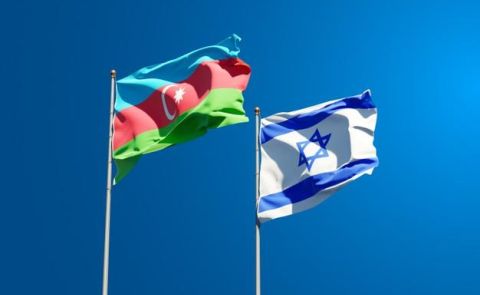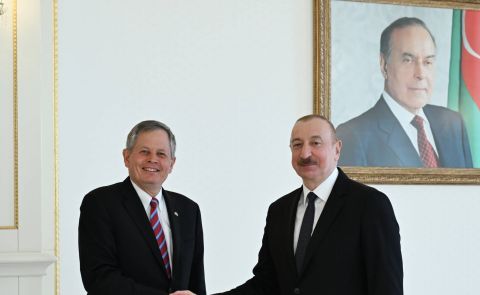
The killing of Soleimani casts shadows on Georgian-Iranian relations
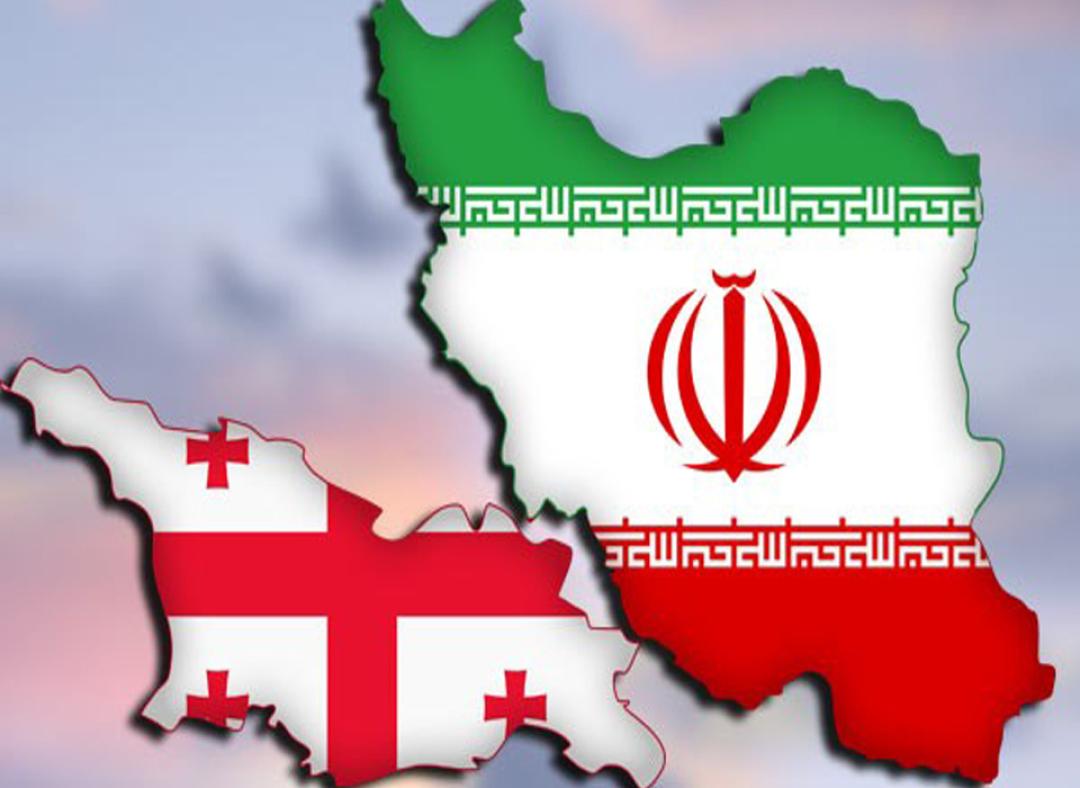
In view of the current situation around the Islamic Republic of Iran, former Georgian President Mikheil Saakashvili has asked the Georgian government to not let “any Iranian citizen” into the country. Because of the current situation, Saakashvili advises to close the border for Iranian nationals.
“Mass entry of Iranian nationals into Georgia is now a danger. Is our security system able to prevent terrorist threats? The easiest thing now would be to secure ourselves and to not let Iranians through the border ... Without a doubt, we have to close the border, that's what the state is for,” said Saakashvili.
It seems unlikely that the Georgian government will listen to the ex-president living in exile. However, relations between Tbilisi and Tehran are not at their best. In 2016 Georgia unilaterally abolished a visa-free regime with Iran. In December 2018, Georgia cancelled a business forum involving Iranian business people as the Iranians had not received visas. The number of Iranian tourists in Georgia has also dropped from 291,000 in 2018 to just 140,000 in the past year.
It should be noted that Georgia had not condemned the killing of Iranian general Qasem Soleimani by the United States and had openly sided with the United States. Georgian Secretary of State Davit Zalkaliani wrote on Twitter: “We condemn the recent provocative attack on the US embassy in Baghdad. The United States has a legitimate right to protect its citizens ... It is time that diplomacy ... de-escalates the situation.” On January 9, Davit Zalkaliani said Georgia is not planning to deploy US military bases on its own territory.
The worsening of the Iran crisis could now place an additional burden on the already problematic Georgian-Iranian relations as Georgia positions itself as an ally of the West and, in particular, the United States in the South Caucasus region. Not only Georgia's pro-western geopolitical orientation, but also problematic statements from Tehran are causing mistrust in bilateral relations. In February 2019, Iranian President Hassan Rouhani said that Iran had been deprived of its “historical areas” from before 205 AD, including Georgia, Armenia and Azerbaijan.
See Also

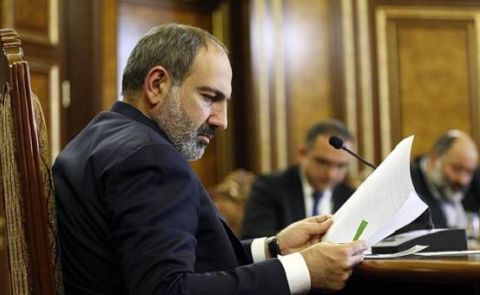
Pashinyan Commemorates First Republic Day, Highlights Progress in Sovereignty and Peace Efforts
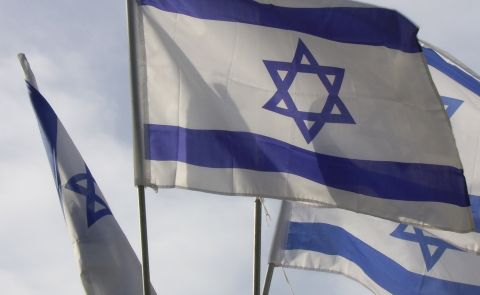
Israeli Ambassador to Armenia Acknowledges Challenges but Optimistic About Future Armenian-Israeli Cooperation

EU Plans Closer Cooperation with Azerbaijan, Georgia, Türkiye, and Other Black Sea States
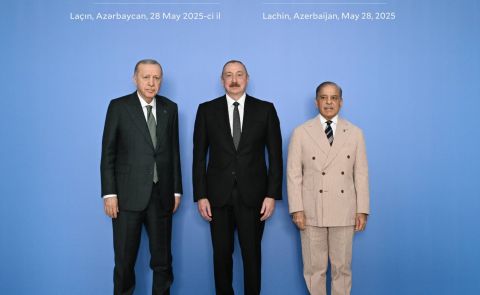
Azerbaijan, Türkiye, and Pakistan Highlight Growing Strategic Cooperation at Lachin Summit
